About Porcelain and Ceramic Tile
Exceptionally durable materials, capable of withstanding heavy foot traffic, moisture, and wear and tear over time

Why Choose Porcelain & Ceramic Tile
Porcelain and ceramic tile are easy to clean and maintain, requiring minimal effort to keep them looking pristine. Their non-porous surface resists stains and doesn't absorb liquids, which is particularly advantageous in areas prone to spills or moisture, such as kitchens and bathrooms.
Resistance to Allergens and Bacteria
Porcelain and ceramic tiles are hypoallergenic and hygienic, making them an excellent choice for those concerned about indoor air quality and cleanliness.
Environmentally Friendly
Porcelain & Ceramic tile are typically made from natural materials and can be recycled. Their longevity reduces the need for frequent replacements, contributing to sustainability in home construction and design.

They come in various sizes, shapes, and colors, allowing homeowners to achieve diverse aesthetics, from classic to modern, in different rooms of their homes. This versatility enhances the overall interior design potential.
Wide Range of Design Options
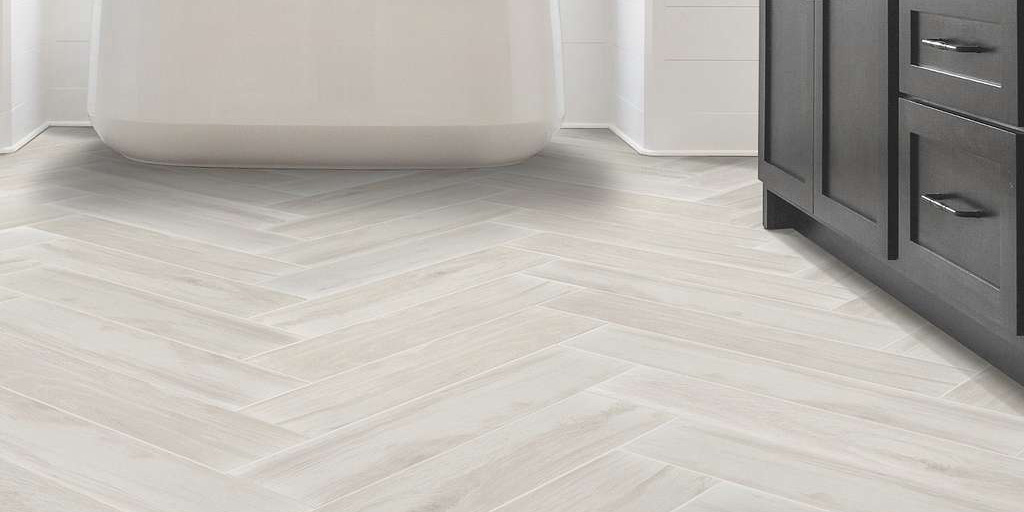
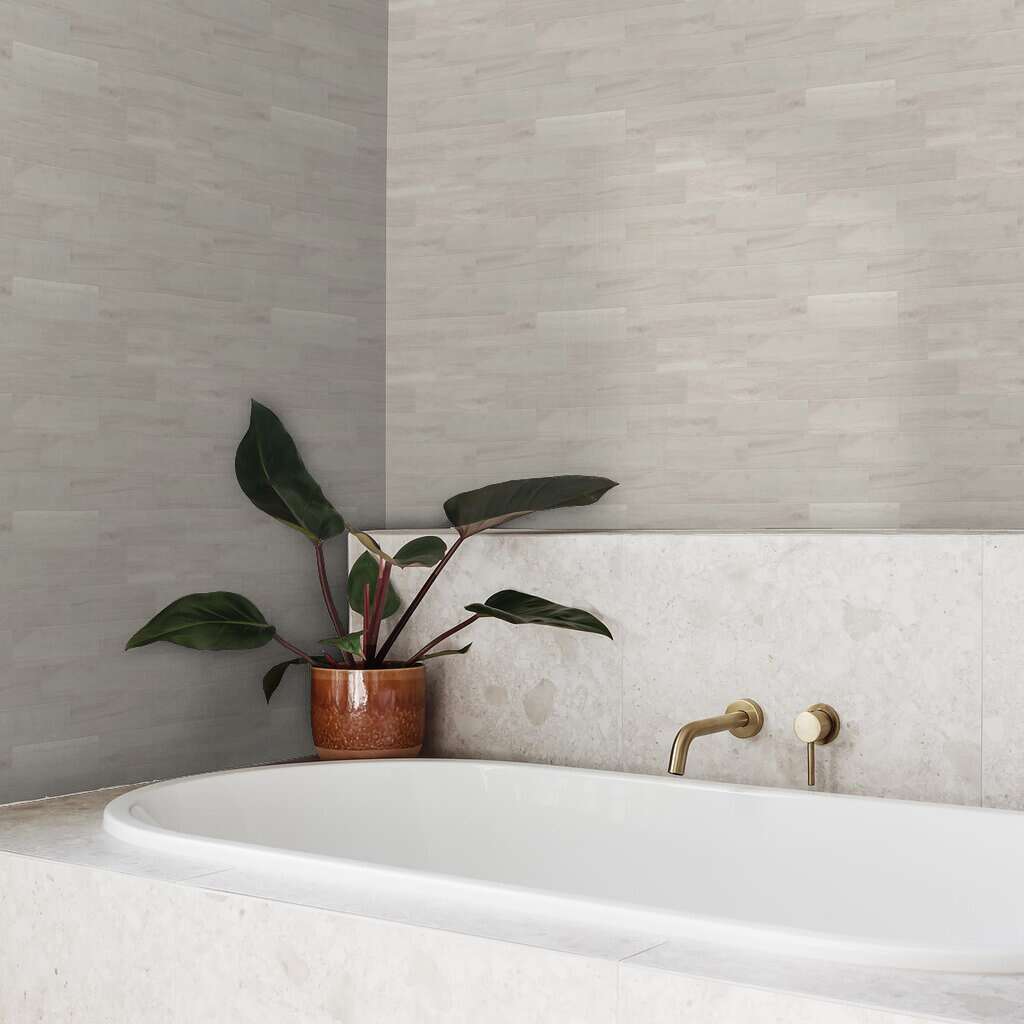
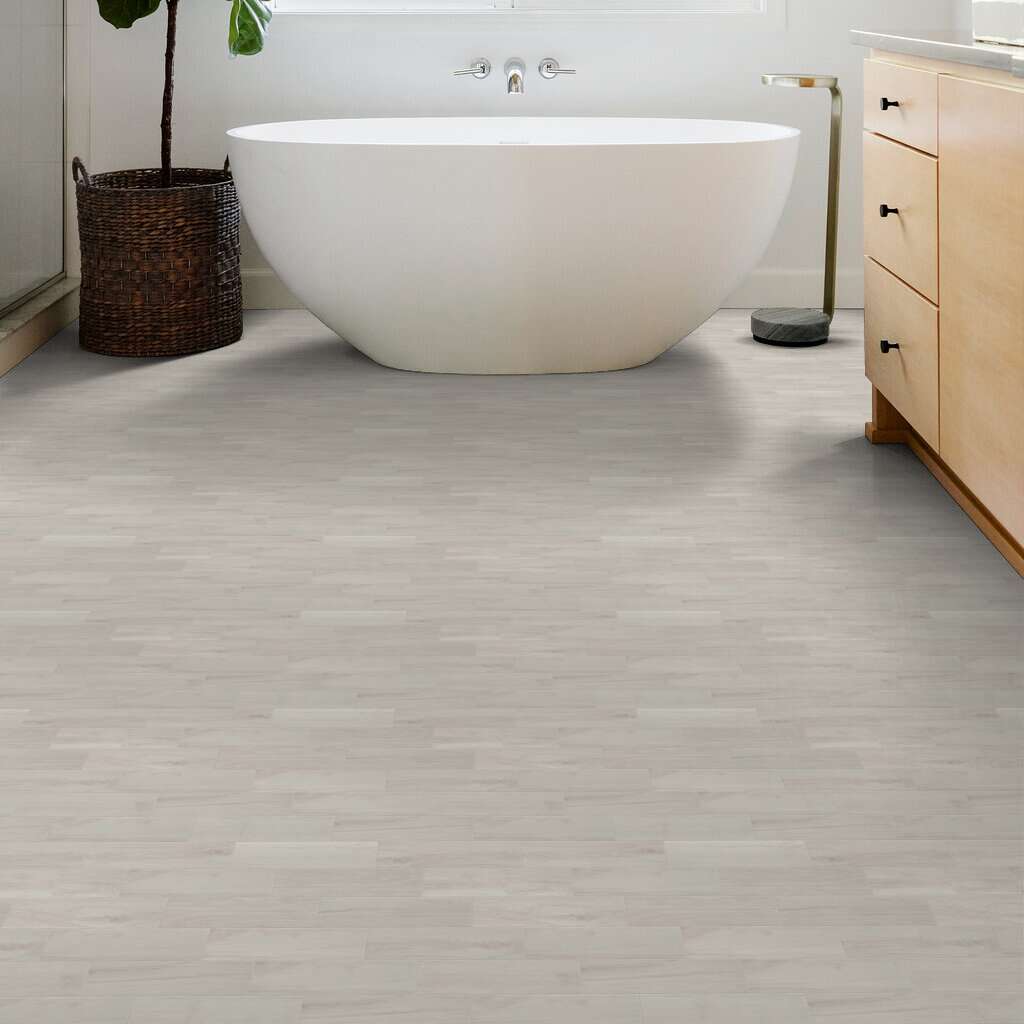
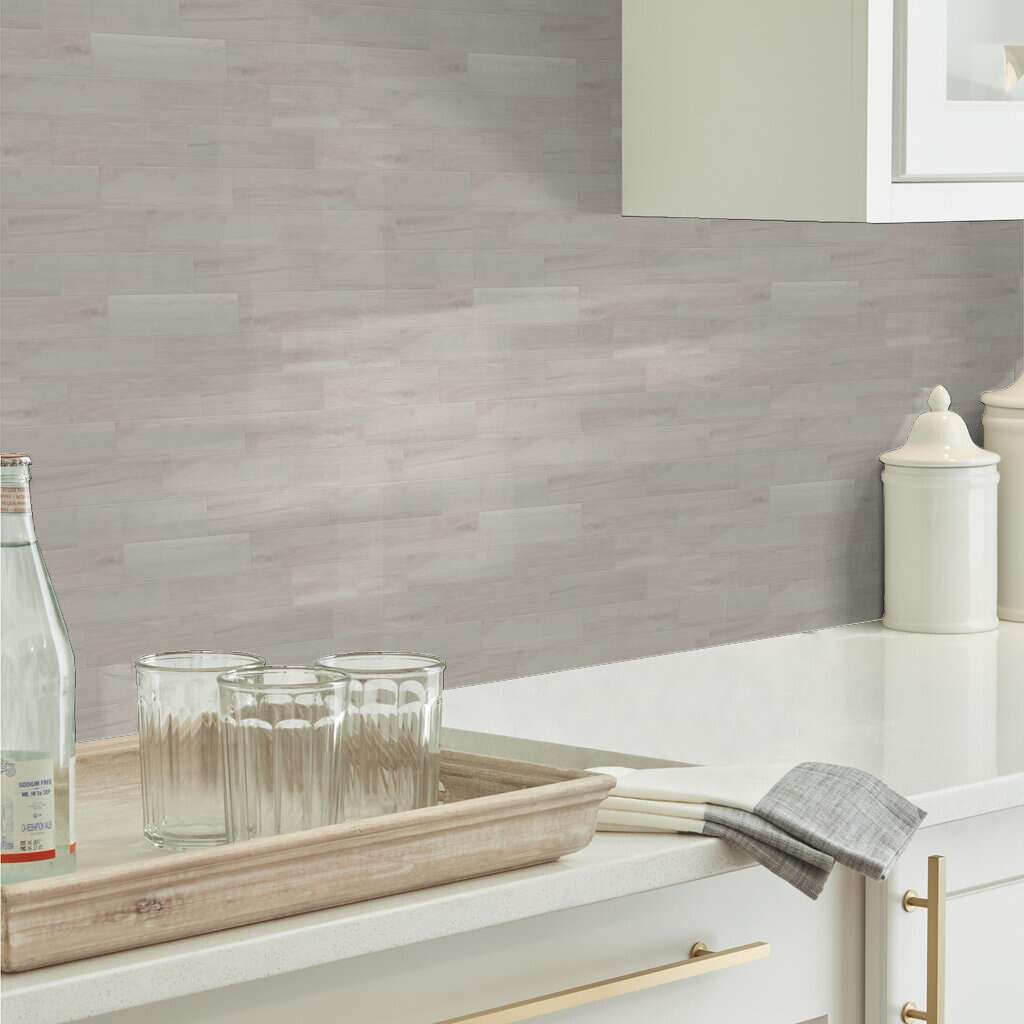
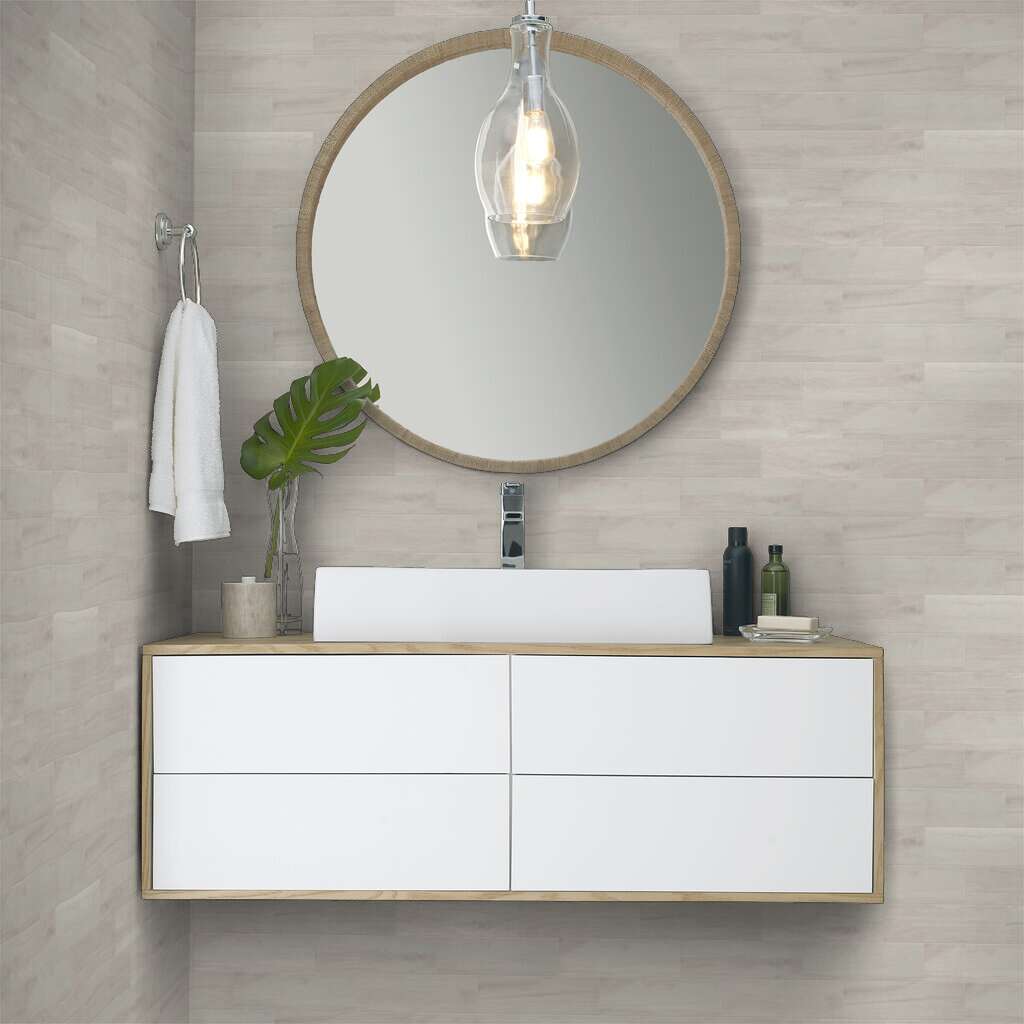

Porcelain & Ceramic Tile FAQ's
What is the difference between porcelain and ceramic tile?
Many people confuse porcelain and ceramic tiles, so it's important to clarify the differences. Porcelain tiles are made from a more refined clay and fired at higher temperatures, making them denser and less porous than ceramic tiles. Porcelain tiles are typically more durable and suitable for both indoor and outdoor applications, while ceramic tiles are better for indoor use.
Are porcelain tiles suitable for high-traffic areas?
Yes, porcelain tiles are an excellent choice for high-traffic areas. Their durability and resistance to wear, stains, and moisture make them ideal for places like kitchens, hallways, and commercial spaces. They are also less prone to chipping and cracking compared to ceramic tiles.
Do I need special tools or skills to install porcelain or ceramic tile?
While it's possible to install these tiles as a DIY project, it's recommended to hire a professional if you lack experience. Specialized tools such as tile cutters and mortar mixers may be required. Proper surface preparation, layout planning, and tile placement are critical for a successful installation.
How do I clean and maintain porcelain and ceramic tile?
Porcelain and ceramic tiles are relatively low-maintenance. Regular sweeping and mopping with a mild detergent and water are usually sufficient for cleaning. Avoid abrasive cleaners that can scratch the surface. Grout lines may require occasional sealing to prevent staining, and it's essential to address spills promptly.
Can porcelain and ceramic tiles be used outdoors?
Porcelain tiles are generally suitable for outdoor use, as they are highly resistant to moisture and extreme temperatures. They can be used for patios, walkways, and even pool surrounds. However, ceramic tiles are better suited for indoor applications and may not hold up as well outdoors, especially in freeze-thaw climates.